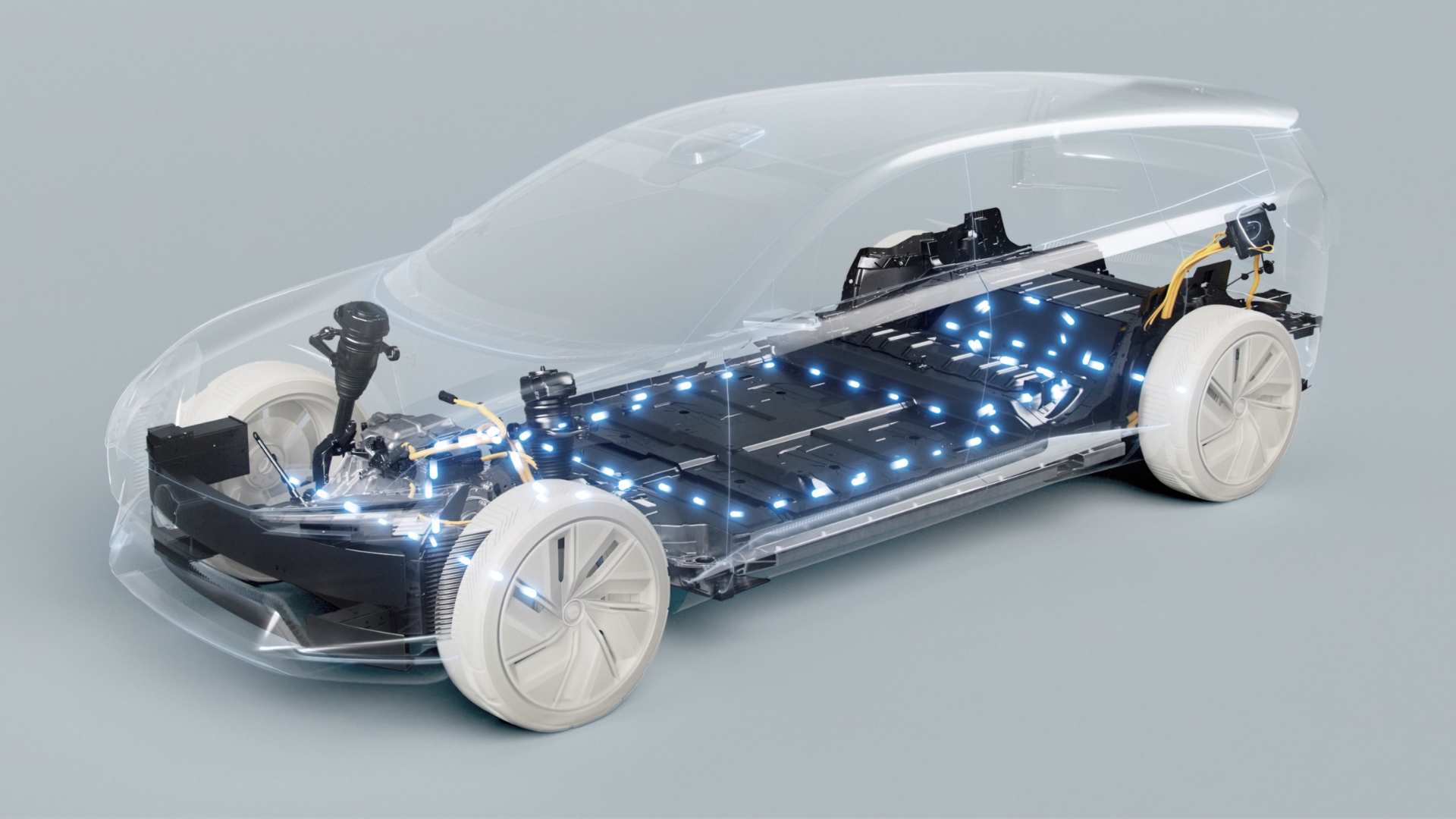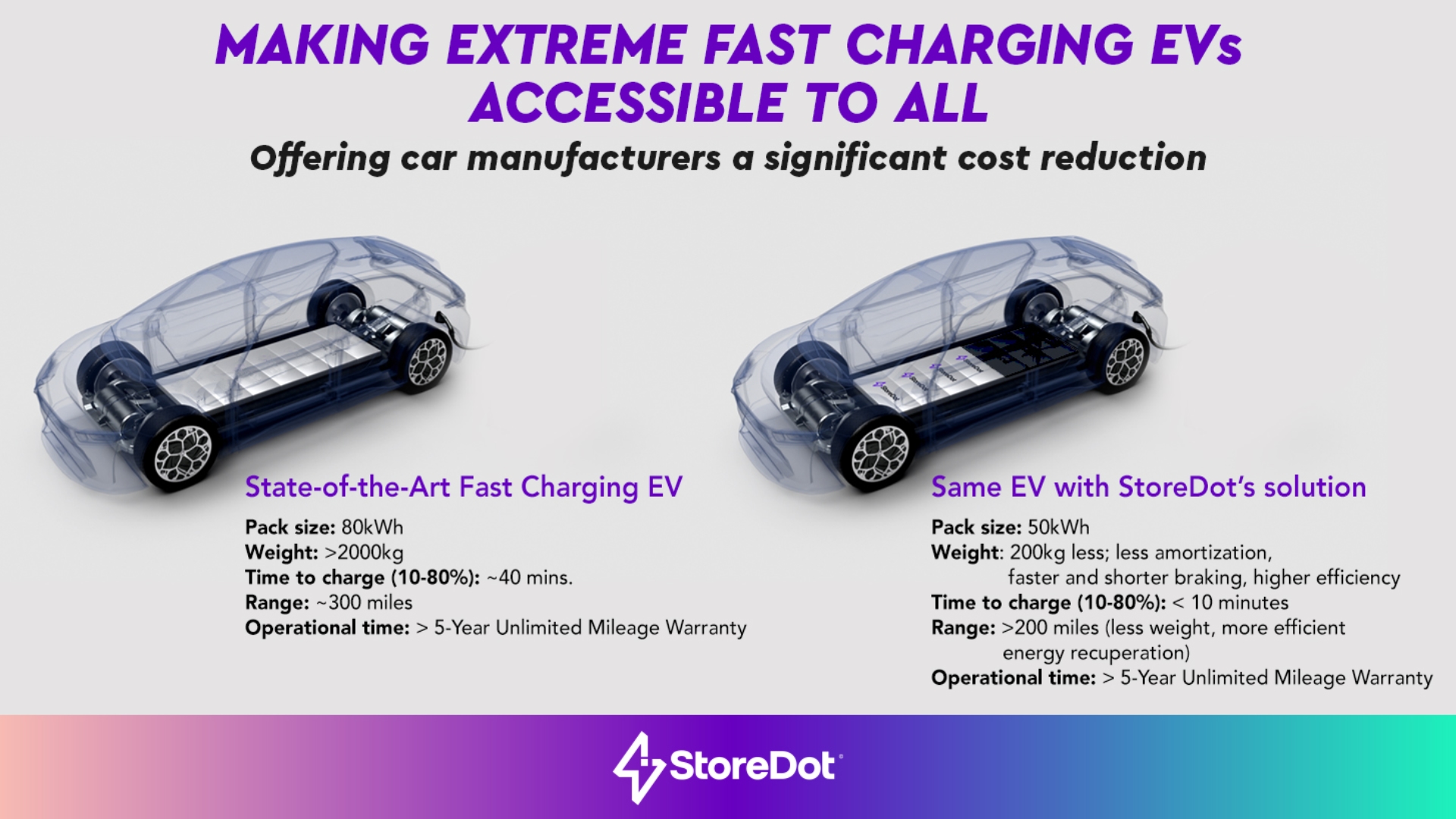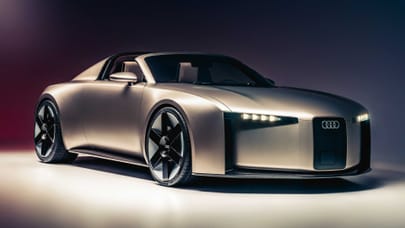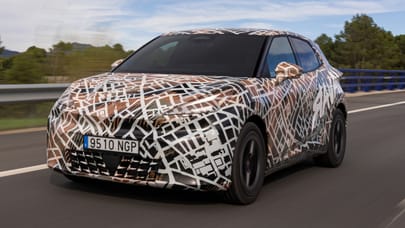
100 miles of electric range in five minutes? It's getting closer via a new battery
Israeli company has started building its next-gen batteries aiming for a mighty quick recharge
StoreDot, an Israeli start-up working on advanced battery technology, is set to start manufacture of its silicon-dominant extreme fast charging (XFC) batteries. And when it says 'extreme', it really means it. Aiming to make electric vehicle batteries quicker at charging, StoreDot has an ambitious goal of 100 miles of range in five minutes by 2024, with an overall goal of 100 miles of range in two minutes by 2032.
Samples of the 30mAh battery pouches have been shipped to StoreDot’s automotive partners for further testing, following 1,000 cycles of charge and discharge back in October 2022. The technology is set to go into production next year.
Being able to recharge more quickly is the company's overarching goal, as it reckons by being able to charge more quickly, battery packs will be smaller. That’ll mean less weight in the car, enabling electric vehicle range to be optimised. StoreDot's solution uses a silicon anode that's cheaper to manufacture than the precious metals used in other batteries. It's also lightweight, more environmentally friendly and doesn't degrade in the same way as other materials used, like graphite.
Dr Doron Myersdorf, big boss at StoreDot, said: “Up until recently OEMs were increasing the size of battery packs in their EVs because a proportion of drivers were transitioning from gas to electric for the first time with the known ‘range anxiety’ in their minds. Those drivers, and anyone who is an EV advocate now realise that range anxiety is no longer the most pressing issue - and won’t even be an issue at all once public charging infrastructure around the world is properly in place."
Myersdorf cites two remaining barriers to EV ownership: charging anxiety and cost — something the TG team can attest to after its '24 heures du M25' challenge.
Myersdorf added: "StoreDot’s XFC solution was designed to assist with both. Radically reduced charging times will allow automotive manufacturers to rethink how they approach battery size and range. When charging times are no longer an issue, it makes a lot more sense to fit smaller battery packs. The cost savings could transform the accessibility of EVs and sustainability of batteries, with better car efficiency, fewer raw materials needed and less recycling at the end of their in-vehicle life.”
Since EV batteries are often the most expensive component of the car too, having fewer will make switching to electric more accessible. StoreDot estimates that around $4,500 (£3,600) could be saved in manufacturing costs. That comes from downsizing the battery pack from, for example, 80kWh to 50kWh, saving 200 kilograms.
Top Gear
Newsletter
Thank you for subscribing to our newsletter. Look out for your regular round-up of news, reviews and offers in your inbox.
Get all the latest news, reviews and exclusives, direct to your inbox.
Trending this week
- Long Term Review
Life with a 500bhp BMW 550e: do you really need an M5?









